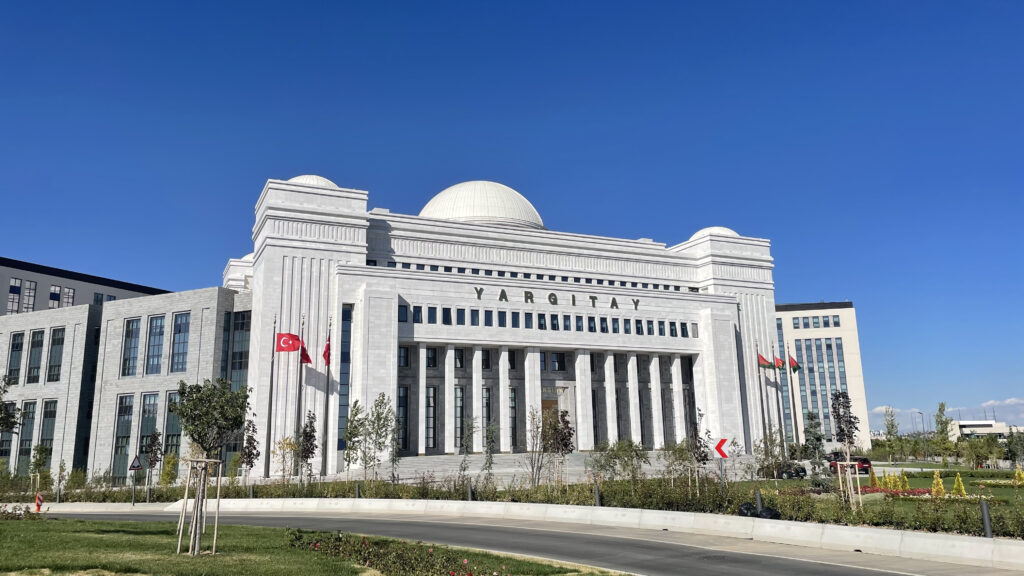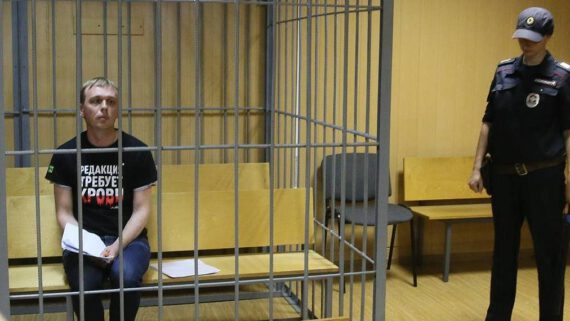Hundreds of applicants from Turkey brought cases to the European Court of Human Rights complaining about excessively long proceedings in the Turkish courts. It is important to ensure that the criminal justice system operates efficiently, respects the rights of the accused, and provides timely resolution to cases. Efforts to improve court infrastructure, allocate sufficient resources, streamline procedures, and implement technology solutions can help reduce delays and enhance the effectiveness of criminal courts
Delays in Turkish Criminal Courts: Where is the Justice?
The criminal courts backlog in Turkey has been a significant issue for the criminal justice system for many years, with the number of outstanding cases increasing to unprecedented levels. The backlog has led to delays in trials and justice being served, and it has placed a significant burden on the criminal justice system.
The Covid-19 pandemic has had a significant impact on the court system, with many hearings and trials being postponed or moved online. Social distancing measures have also led to reduced capacity in courtrooms, leading to longer waiting times for trials to be heard. The backlog has also been exacerbated by the increased use of digital evidence, which requires additional time and resources to process.
The impact of the backlog is felt most acutely by victims of crime and their families, who may have to wait months or even years for justice to be served. Defendants are also affected, as delays can result in lengthy periods of remand, which can have a detrimental impact on their mental health and well-being.
The Turkish Government has not taken steps to address the backlog, such as including providing additional funding and recruiting more staff to support the court system. The mantadorty mediation in civil cases and conciliation in criminal cases have been introduced to help ease the pressure on existing courts, but they have been criticized for being insufficient to tackle the scale of the problem.
The use of technology has also been proposed as a solution to the backlog. The use of virtual hearings and video conferencing could help to reduce waiting times and increase the efficiency of the court system. However, concerns have been raised about the potential impact on the quality of justice, particularly in cases where a defendant’s liberty is at stake.
Impact on defendants
Delays in the Turkish criminal courts can have significant impacts on defendants, including the following:
- Emotional and psychological distress. The uncertainty and stress of waiting for a trial date can be emotionally and psychologically taxing for defendants, as well as their families and loved ones.
- Financial burden. Defendants may incur significant legal costs in preparing for their trial, which can be financially draining. Delays in the trial can prolong this financial burden.
- Loss of employment and income. Defendants who are on remand or awaiting trial may be unable to work and earn an income, leading to financial difficulties for themselves and their families. Those on bail may find themselves in a position where they can’t apply for new jobs, promotions or even jobs that require them to travel. This means defendants waiting for trial are not able to meet the potential financial pressures imposed on them, particularly in light of the current financial climate.
- Negative impact on their reputation. Being associated with criminal charges can have a negative impact on a person’s reputation, and a delay in resolving the case can prolong this impact. It is often the case that defendants lose friends and or family when accused of criminal offences, leading to isolation and concerns about their mental health.
- Disruption to personal relationships. The stress of the case and the uncertainty of the outcome can also lead to strain on personal relationships, including with partners, children, and friends.
Impact on victims of crime
For victims, delays in the criminal courts can mean a prolonged period of uncertainty and anxiety. They may have to relive their experiences by giving evidence in court, and delays can make this experience even more difficult. Victims may feel like justice is being delayed or denied, and this can have a negative impact on their mental health and wellbeing.
Delays can also affect victims’ ability to move on with their lives. They may be unable to access support services or seek closure until the case is resolved. This can impact their ability to work, maintain relationships, and take care of their families.
Furthermore, delays in the criminal courts can also impact the criminal justice system as a whole. It can cause backlogs in the court system, which can lead to longer waiting times for trials and a higher risk of cases being dropped due to lack of resources or witnesses.
What is happening in Criminal Courts around Turkey to address the backlog?
Unfortunately, not much. The government has introduced the following measures, but have they reduced the significant backlog?
- Additional courtrooms: Some Criminal Courts have opened additional courtrooms to increase capacity for hearings and trials.
- Remote hearings: The use of video conferencing and other remote technology has been expanded to allow more hearings to take place without the need for everyone to be physically present in the courtroom. This has had a positive effect, reducing the backlog as it means advocates are able to conduct more straightforward hearings without having to travel between court centres. This is seen as a positive step, and some would argue ought to be expanded to include trials.
- Recruitment of additional judges: The government has announced plans to recruit additional court staff, including judges, to help clear the backlog.
It has become increasingly common to adjourn cases and trials due to a lack of availability of judges. The lack of judges, prosecutors and defence counsel is unfortunately resulting in the number of cases in the criminal justice system increasing.
What needs to be done to reduce the backlog?
Swift justice can be achieved by streamlining the legal process, investing in Courts and reducing unnecessary delays by increasing recruitment and retention. Some suggestions on making justice more swift include:
- Build more courts. The only way to deal with the backlog, more courts are needed. It is that simple. There are hundreds of cases each week that do not go ahead due to lack of court space. The only way to reduce this is to invest in new court centres.
- Streamline hearings. The creation of a designated email address managed by judges for urgent requests and actions such as bail variations, extensions to file documents and ancillary orders. Applications can be made on paper, and judges can make orders and serve by email. These hearings are to be remunerated the same as if the hearing was in person as full and proper responses to application are required.
- Increase fees to attract people to the profession. More advocates mean more cases can be dealt with. Those in practice are finding that in court trials there are routinely no prosecutors or defence lawyers available adding to the delays. The only way to resolve this is by investing in fees and working conditions to attract the best and brightest.
Where is the justice?
The Court backlog in Turkey is a significant issue that requires urgent action. The delays in justice being served have a profound impact on victims, defendants, and the wider criminal justice system. While some measures have been taken to address the backlog, more needs to be done to ensure that justice is served swiftly and efficiently, and more money needs to be spent to achieve this.
Justice for defendants and victims can only be achieved if it is swift. Swift justice acts as a deterrent to crime, as potential offenders are aware that they will be punished quickly if caught. This can lead to a reduction in crime rates.
Additionally, victims feel that their cases have been heard and resolved quickly, providing them with a sense of closure, satisfaction and reassurance.
And most importantly swift justice is an essential element of the rule of law, ensuring that justice is served promptly and that individuals are held accountable for their actions without spending many months or years on bail or on remand.
It cannot be said the current state of the justice system is one that is delivering justice to society. It is hoped the next government will consider this when considering its priorities in government as it is clear, investment in the system is needed to put Turkey on par with other counties who do not seem to have a backlog cases.
 English
English Türkçe
Türkçe Français
Français Deutsch
Deutsch




Comments
No comments yet.